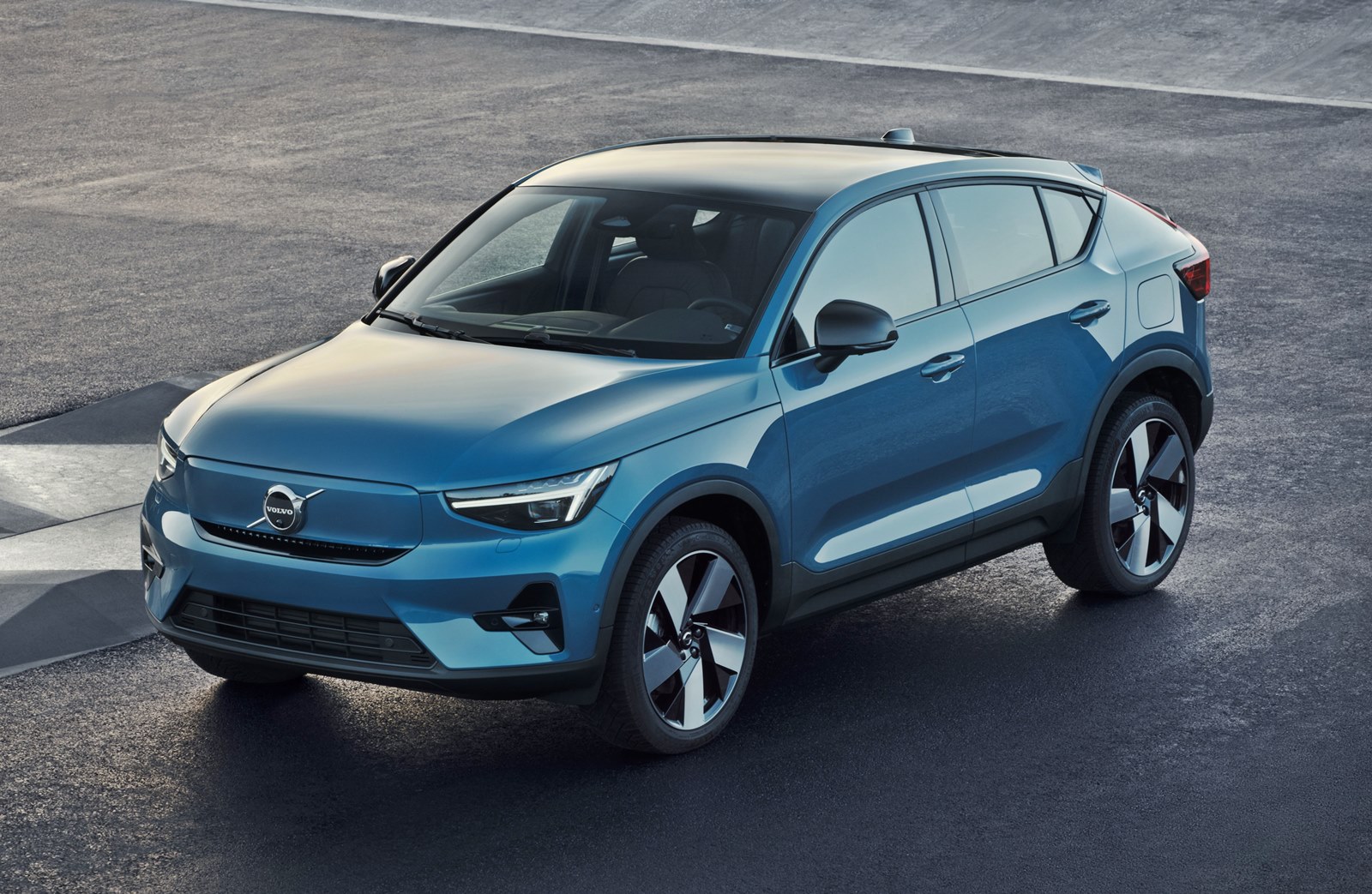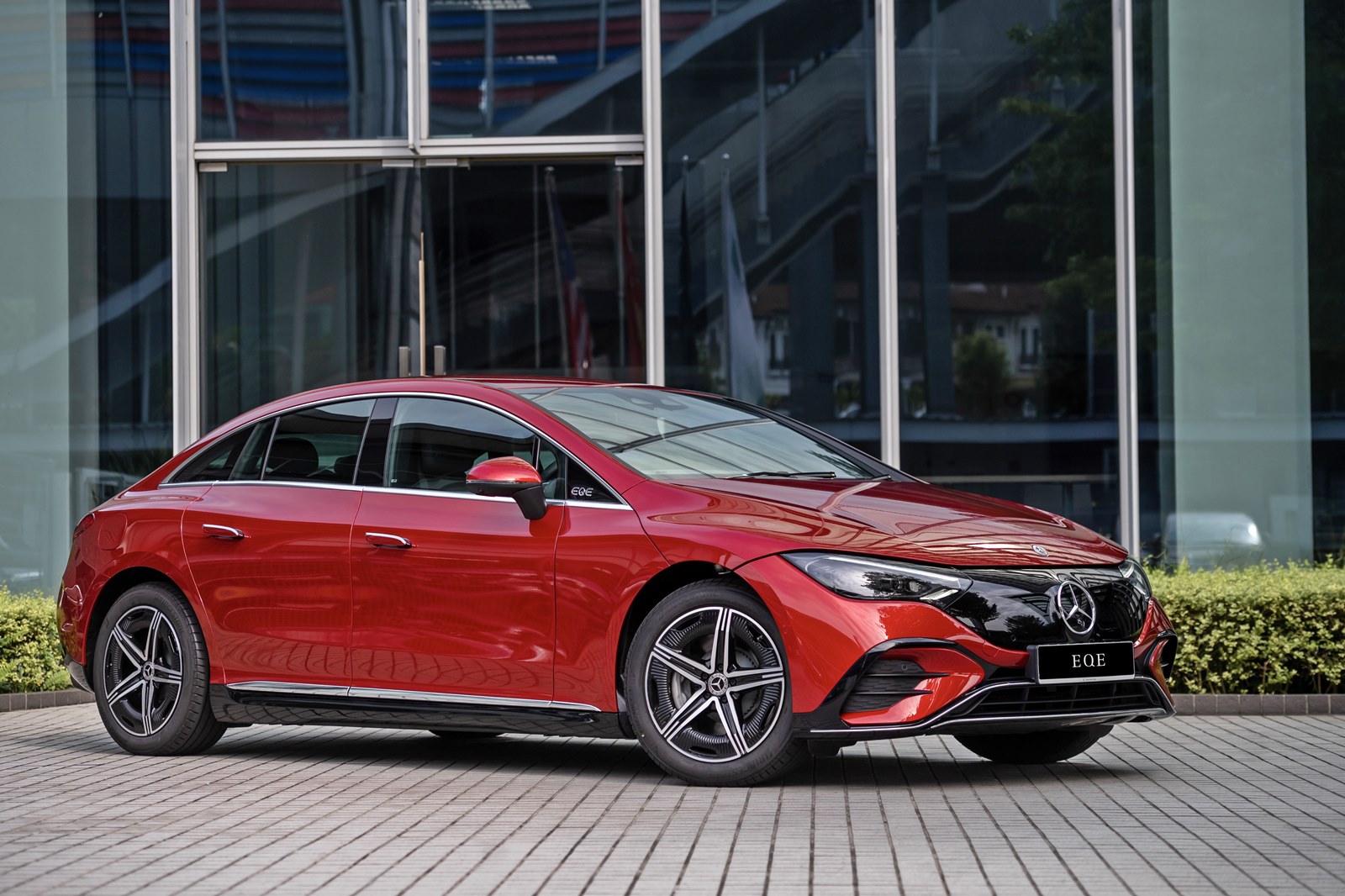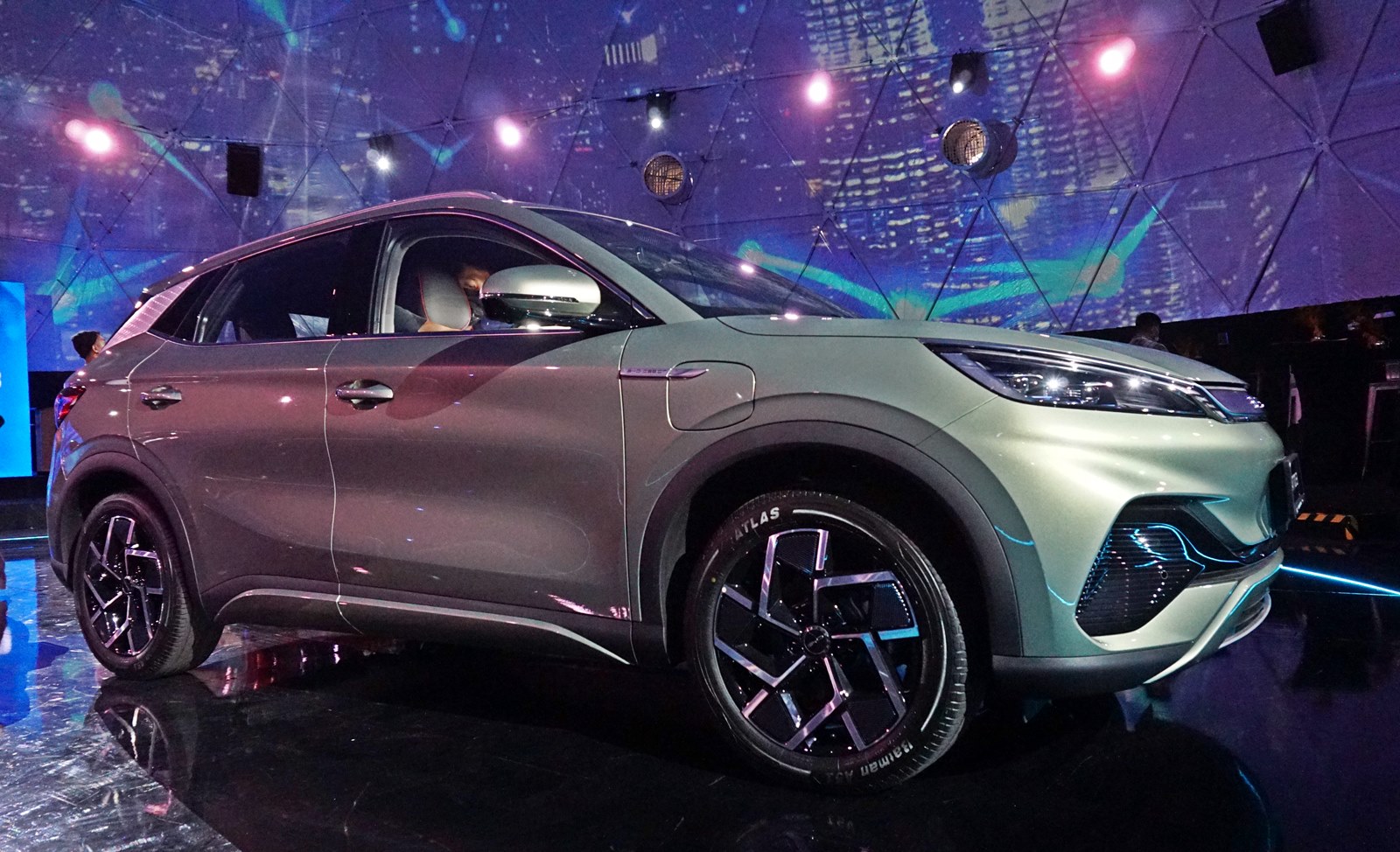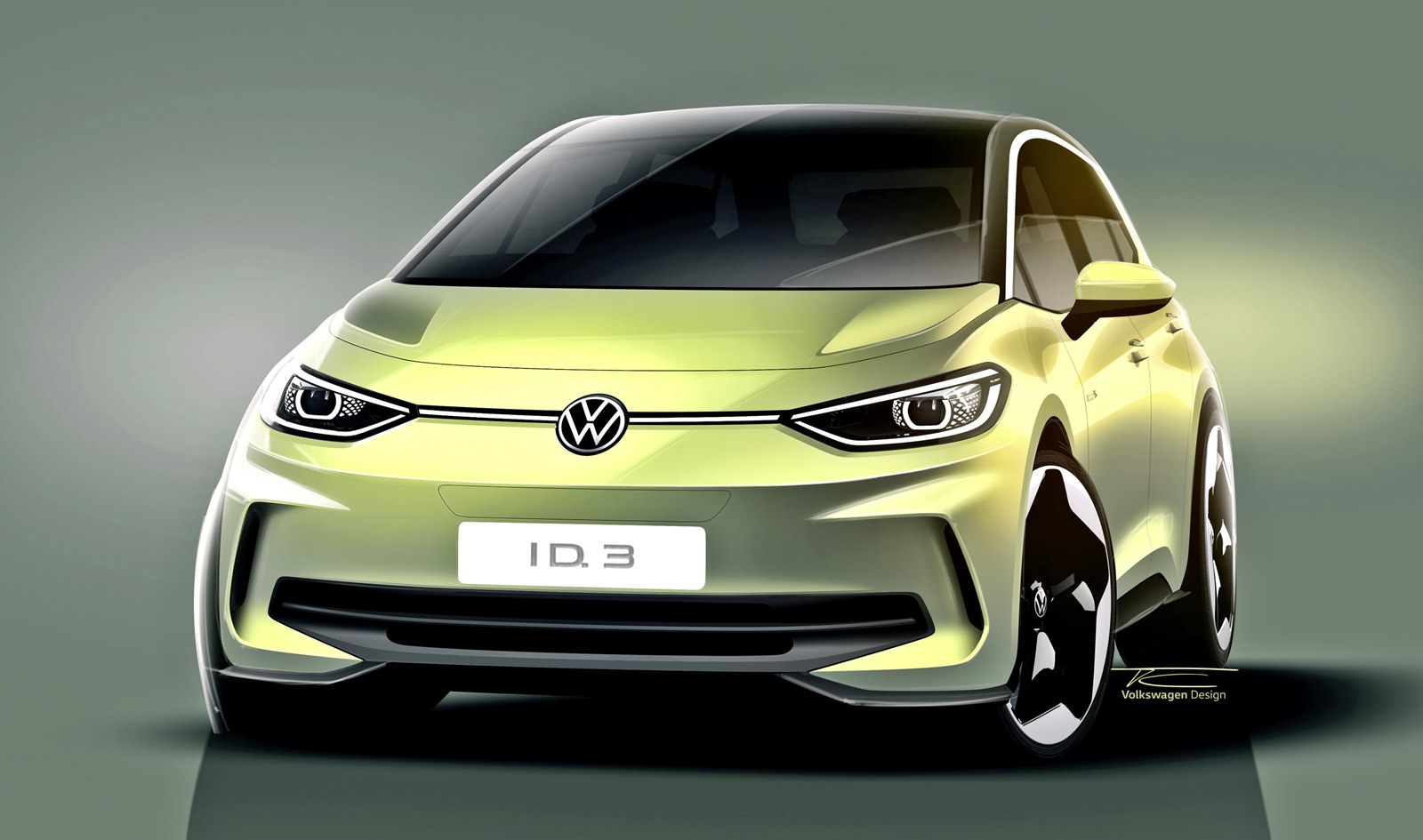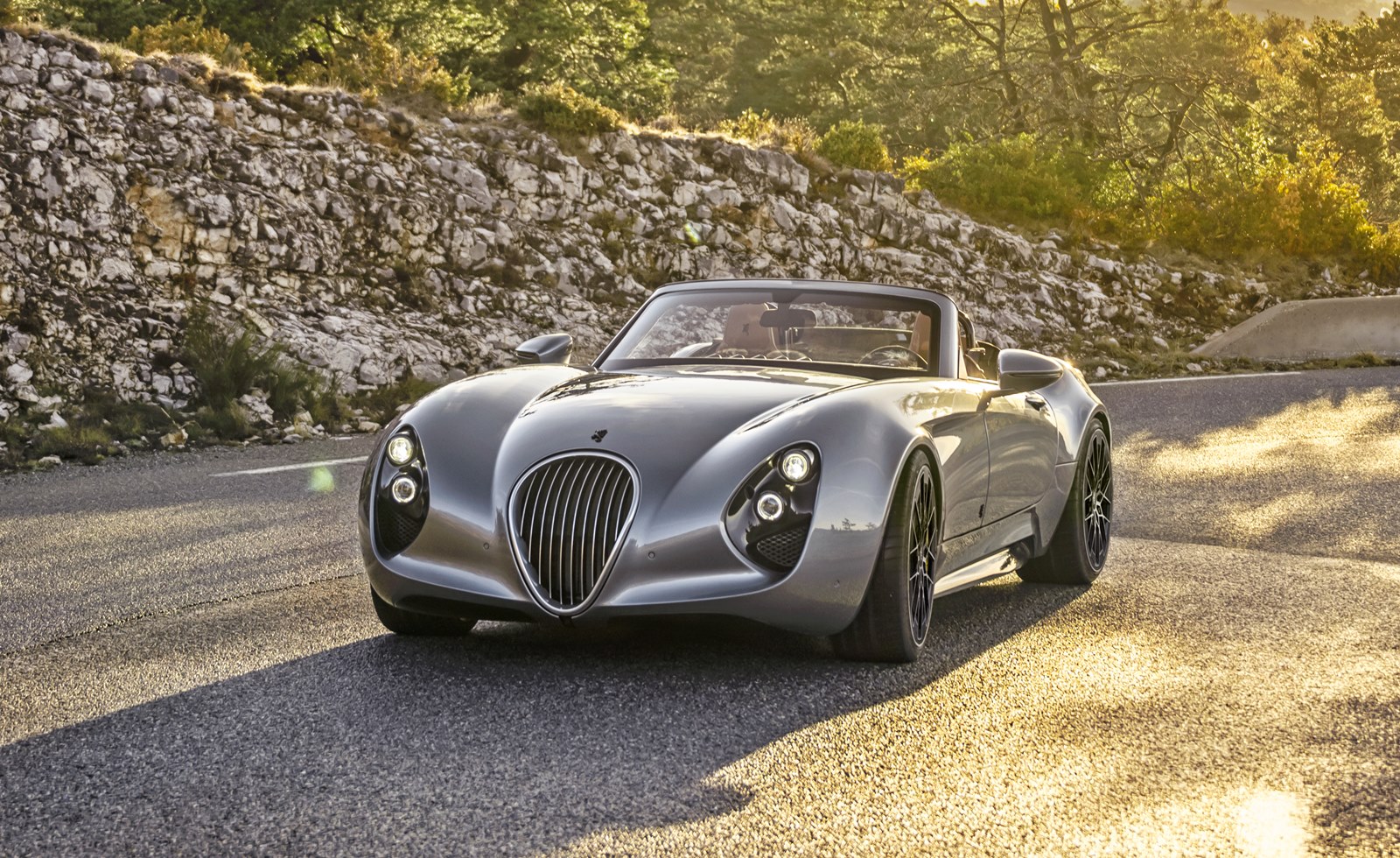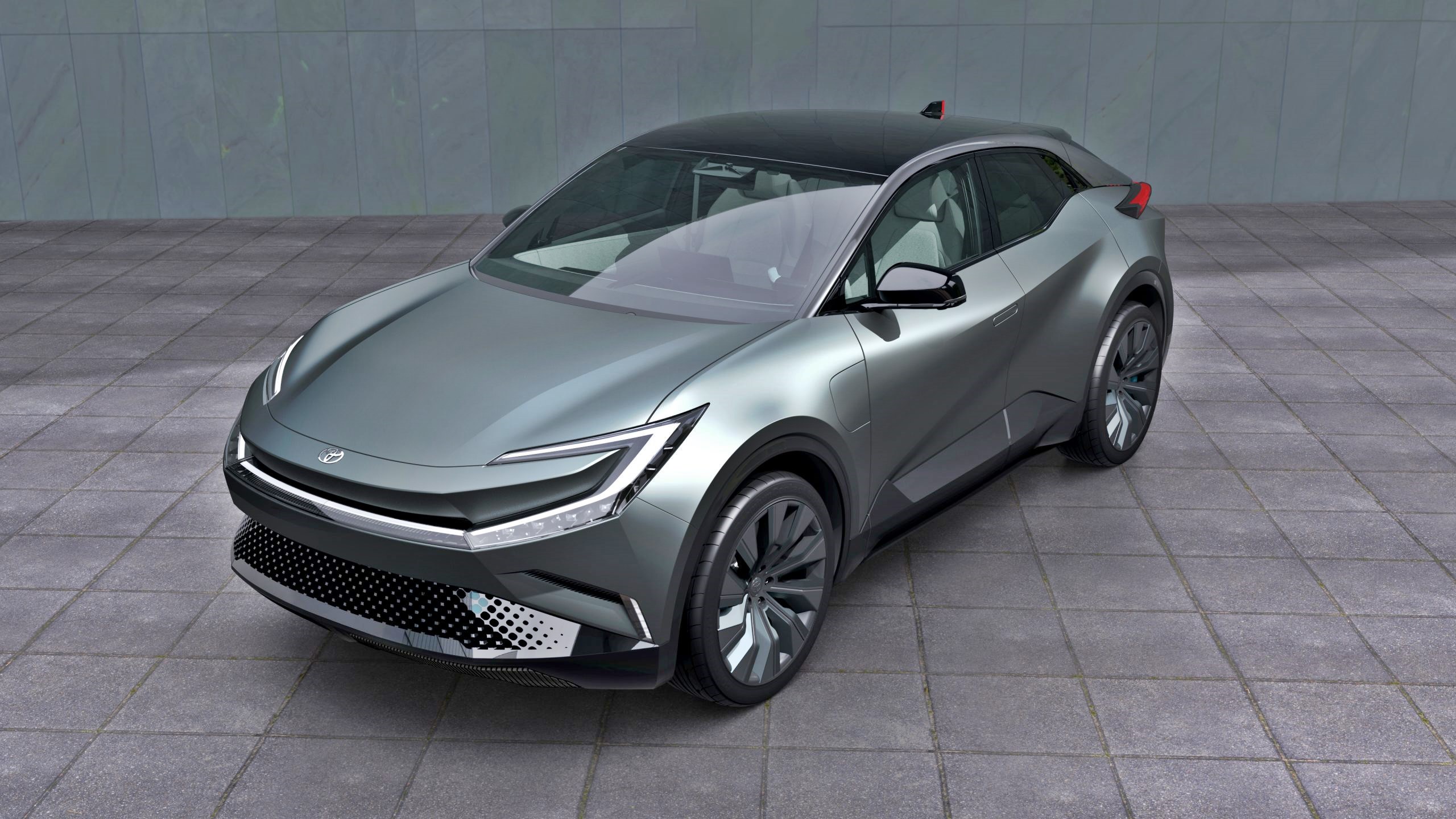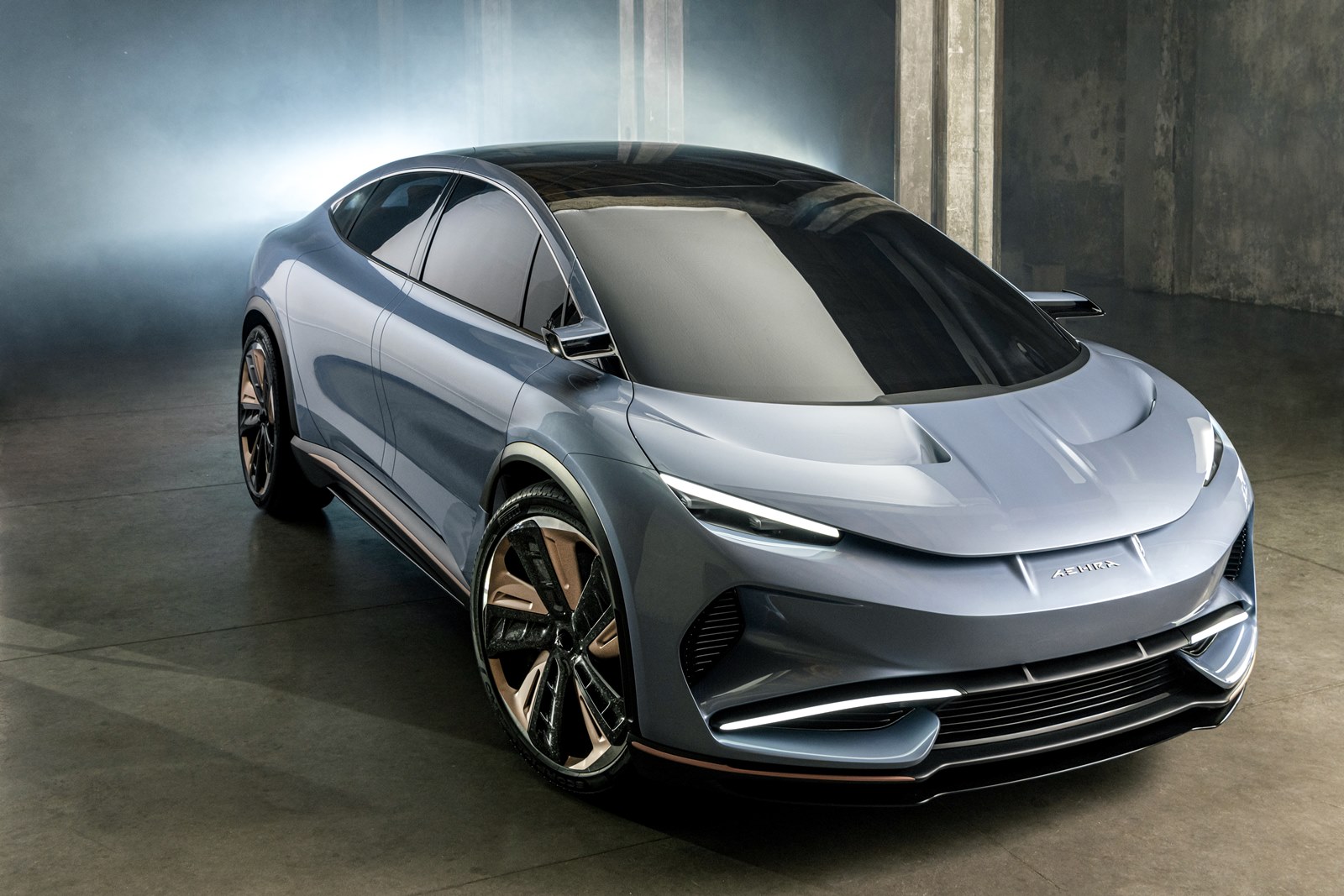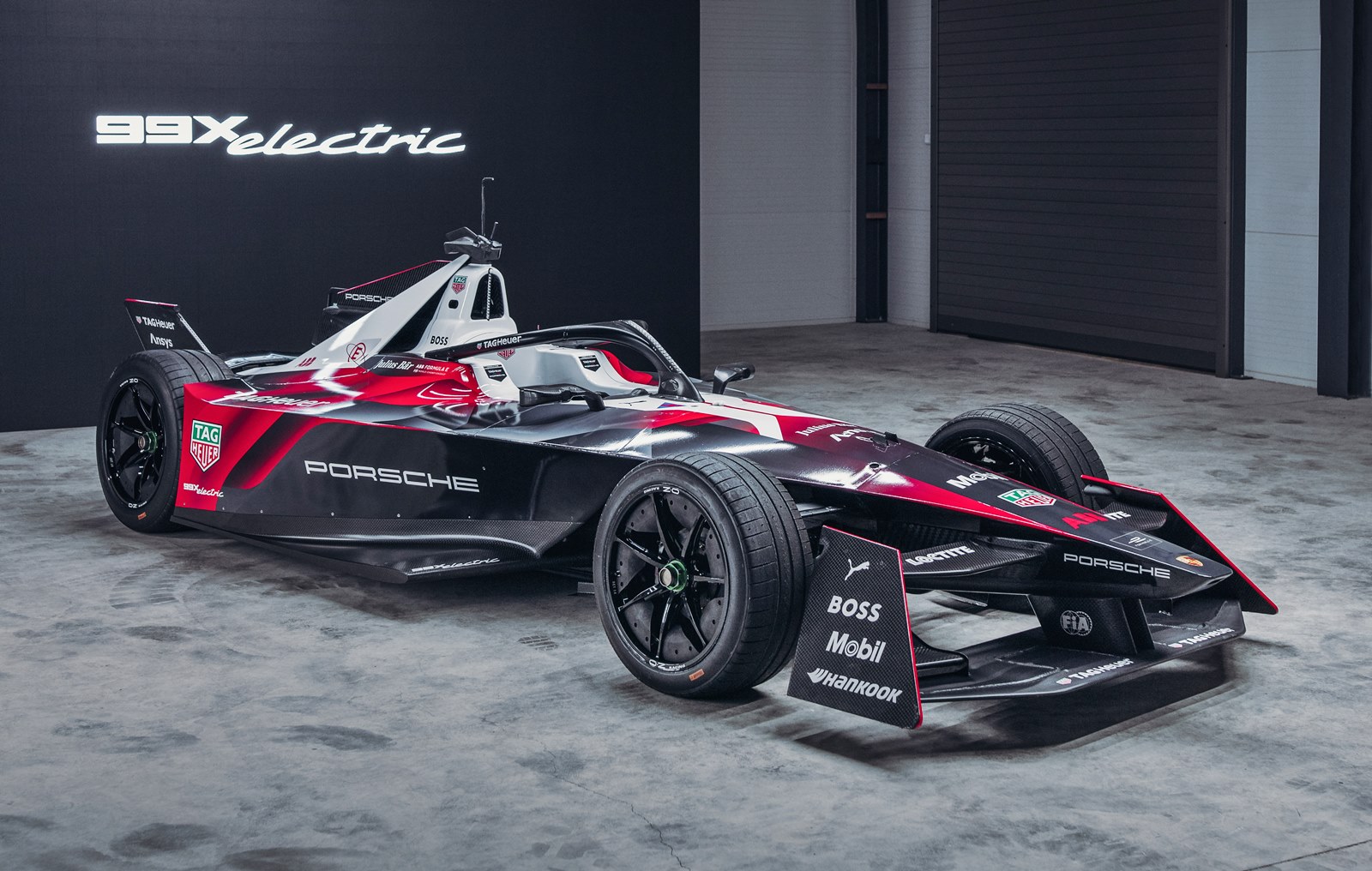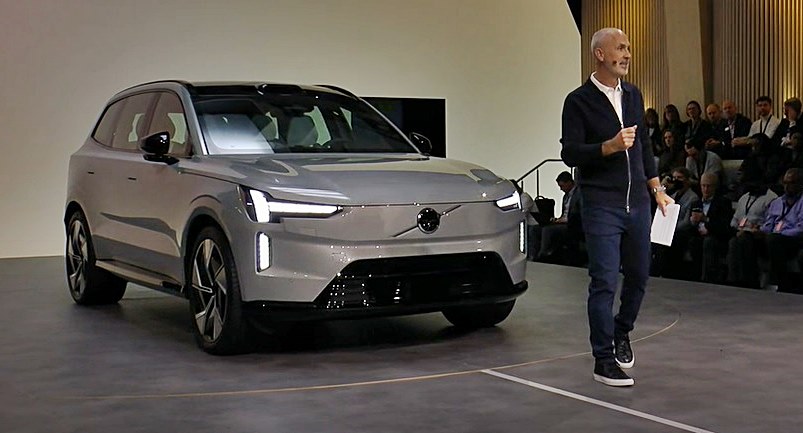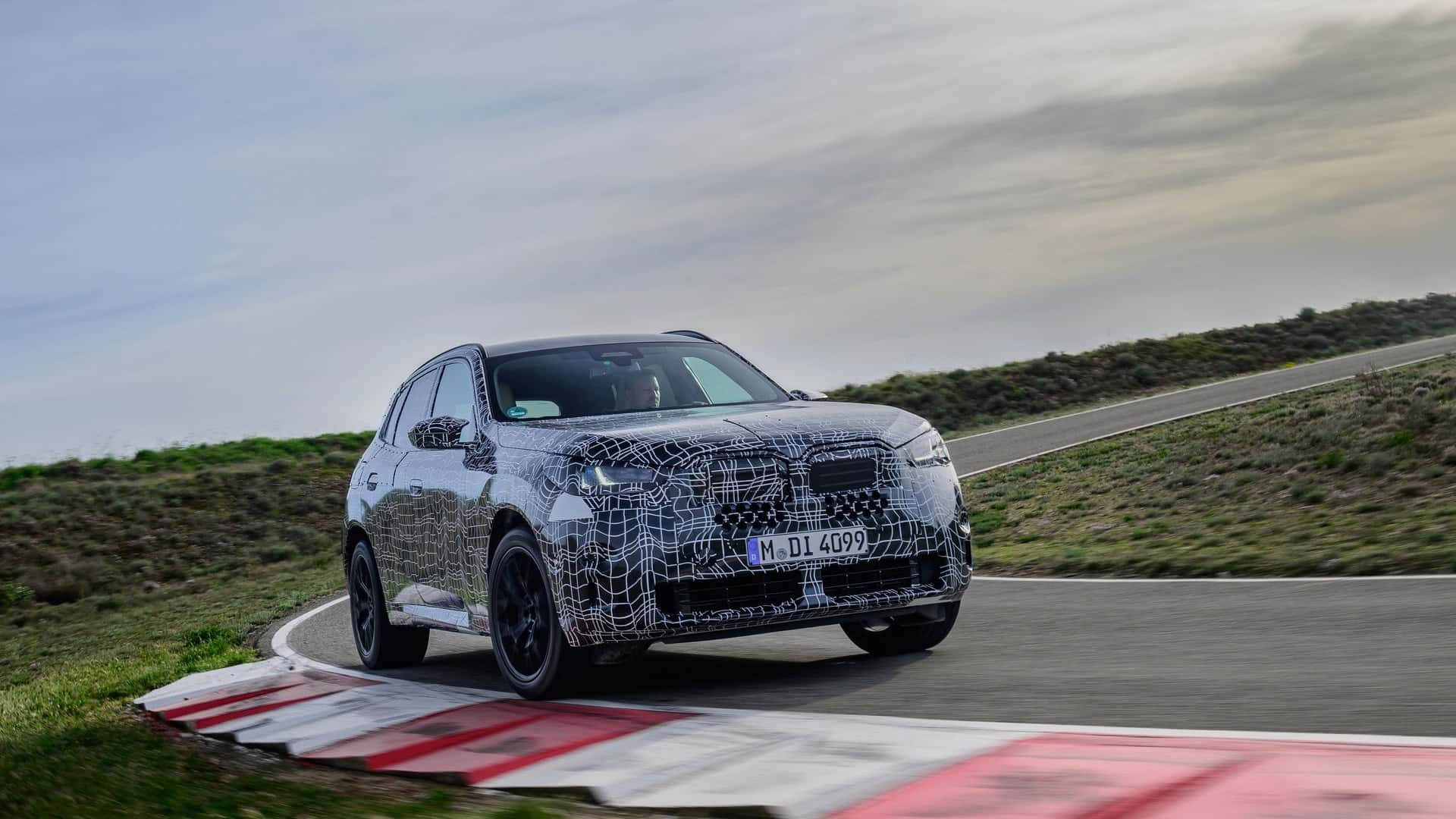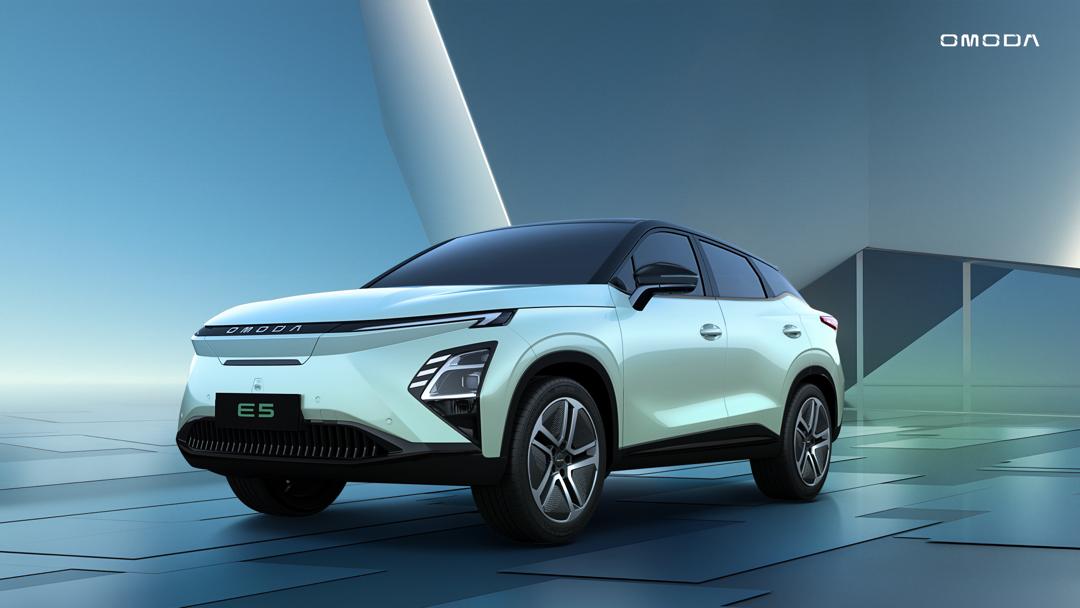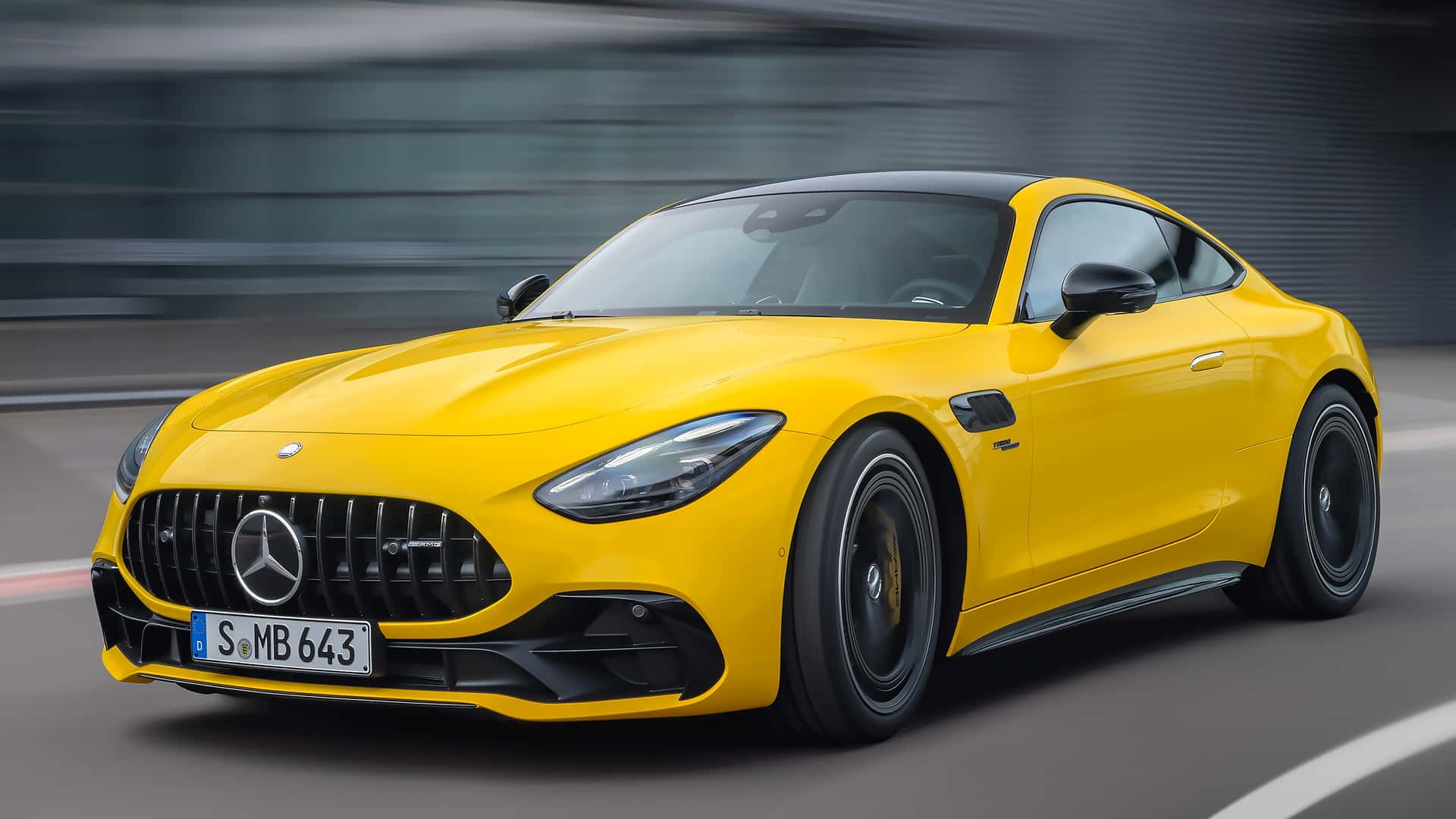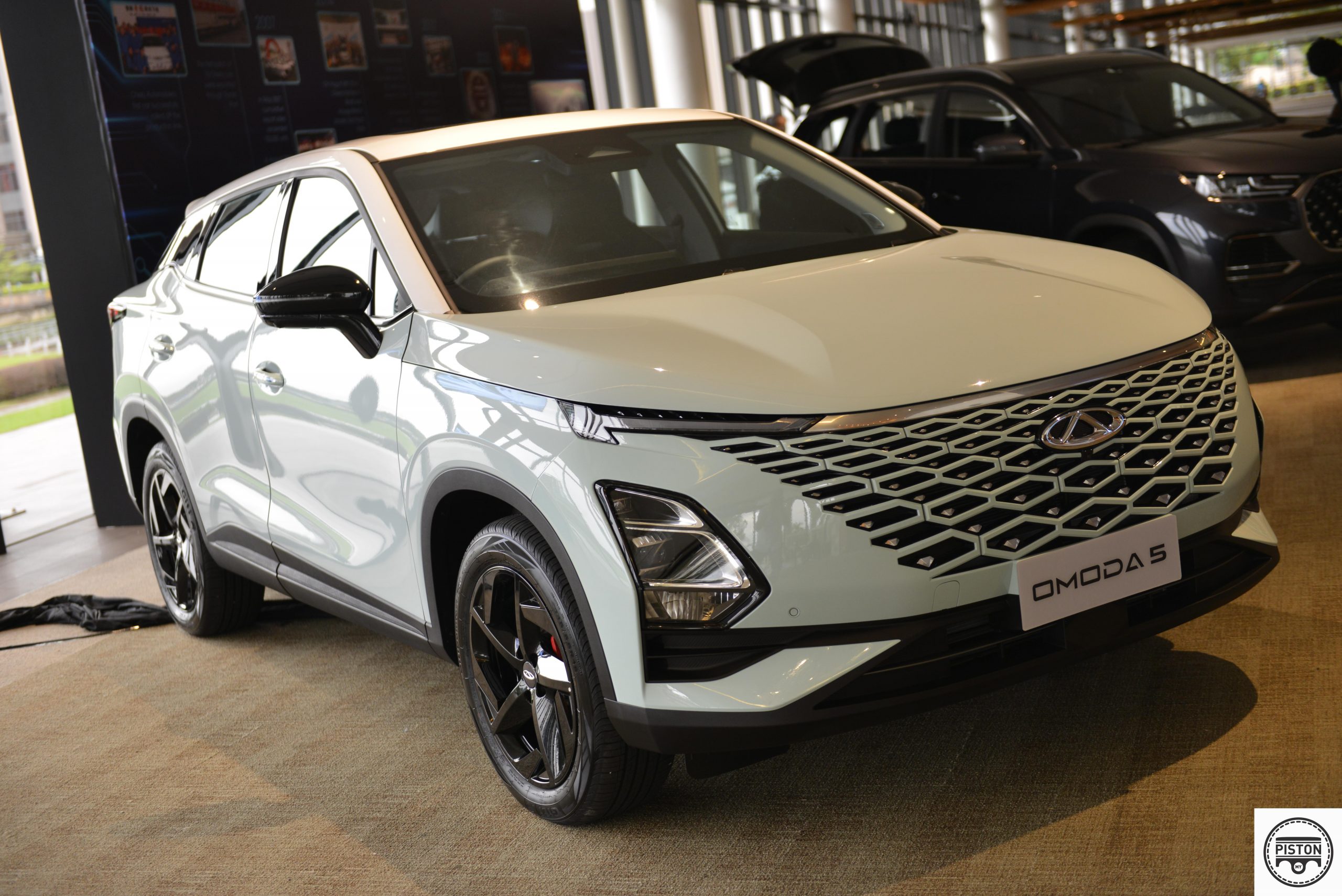It was just 8 months ago that Volvo Car Malaysia (VCM) launched its first battery electric vehicle (BEV), the XC40 Recharge, and in doing so, it was also the first company to assemble a BEV locally. At that time, VCM said that it will launch one new Recharge model (the name given to BEVs) each year during the coming 5 years.
However, even before 2022 has ended, it has already launched the second Recharge model – or perhaps this is considered the one for 2023 (so there won’t be a new model next year). It’s the C40 Recharge Pure Electric and like the XC40 Recharge, it is also assembled locally at the oldest vehicle assembly plant in Malaysia, located in Shah Alam, Selangor. The plant is a regional production hub for Volvo, from which it exports various models around ASEAN.
Only one version of the C40 Recharge is currently assembled and even with tax exemption, it is priced at RM288,888 (without insurance), RM10,000 more than the XC40 Recharge. Still not mass market pricing but then again, this is a premium brand and the technology is expensive too.
(more…)

